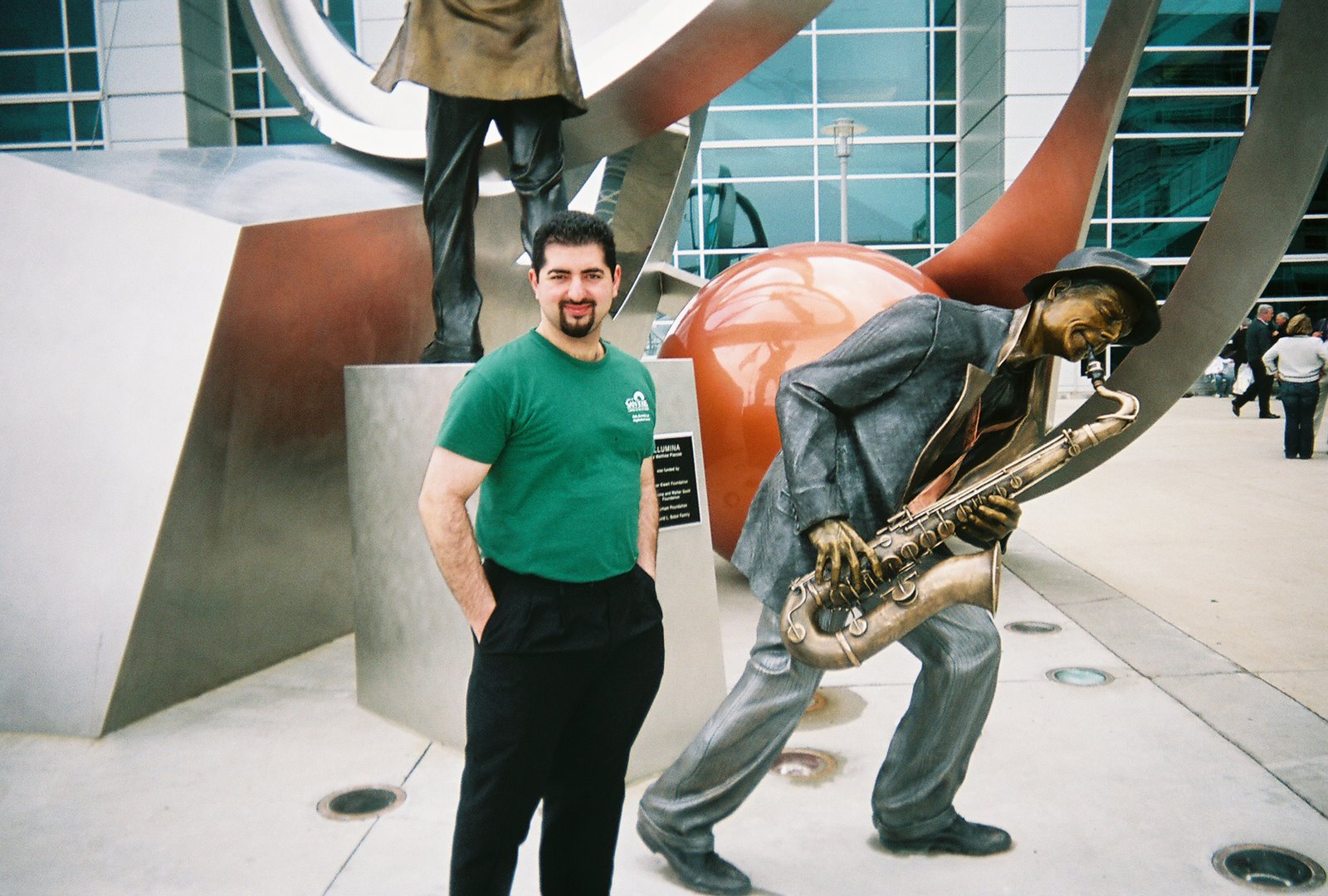Each year, Warren Buffett publishes a letter to Berkshire shareholders that is both informative and humorous. This year, Buffett discussed an issue that gets far too little press: pension plan liabilities and actual costs of future benefits, which are notoriously difficult to calculate:
"Whatever pension-cost surprises are in store for shareholders down the road, these jolts will be surpassed many times over by those experienced by taxpayers. Public pension promises are huge and, in many cases, funding is woefully inadequate. Because the fuse on this time bomb is long, politicians flinch from inflicting tax pain, given that problems will only become apparent long after these officials have departed. Promises involving very early retirement – sometimes to those in their low 40s – and generous cost-of-living adjustments are easy for these officials to make. In a world where people are living longer and inflation is certain, those promises will be anything but easy to keep."
I am happy to say I sounded the horn on this issue before Mr. Buffett, at least in print. On or around December 2007,
The Metro published a letter from me discussing the government's pension plan liabilities. In the letter, I sound quite Ron-Paul-ish, probably more than I actually am, but I have revised the letter and included it below:
America was founded to ensure that private citizens had freedom. To that end, the Constitution provided for a limited federal government, recognizing that large, non-transparent governments and freedom are incompatible. Indeed, any government salary (or new law, for that matter) saps resources from private citizens that could be spent on innovation and other, more productive activities, while also increasing a government official’s power to exert influence and control over private lives. High government salaries are particularly problematic, because they are a form of fraud on the public, i.e. the taking of more funds than necessary from dispersed private citizens to support unionized government members. Here, our local government wanted to hide how much its members were making, which prevents the discovery of corruption and fraud in the form of higher-than-normal salaries. Yet, almost any county position could be filled with qualified individuals even if the county reduced its salaries significantly, recognizing that a pension and the possibility of lifetime medical benefits are more than enough to attract qualified workers. In fact, almost no one in the private sector receives pensions or lifetime medical benefits, and all the private companies that used to offer such benefits, such as General Motors and Ford, are changing their policies.
There is a lesson there for private citizens, who may eventually be forced to pay higher taxes to support the unusually generous benefits the government keeps giving itself.As an attorney, I have litigated against several government agencies and have been shocked at how power individual citizens have granted to unqualified government members. In one case, the DFEH brought an action in a separate tribunal set up exclusively for employment claims, in front of an unelected judge who used to work for the DFEH. The DFEH’s client was awarded no money in the case, but my client had to pay thousands of dollars in attorneys’ fees for a case that almost no one in the private sector would have touched. Yet, we are all paying for a tribunal (the FEHC) with the power to award 150,000 dollars against any small business or individual.
This government excess is not limited to legal tribunals. San Jose’s independent police auditor is having to fight to get a small measure of authority to review taser deaths caused by San Jose police. To get an idea of what happens when government workers are strongly unionized and do not have to fear discipline, read the case of Grassilli v. Barr (2006).
California's own government is so large, I was shocked the first time I saw a list of just the state agencies. Take a look at this link–it does not include city or county governments and yet shows a massive, sprawling government:
http://www.ca.gov/About/Government/agencyindex.htmlSomeone must pay for all of these employees and their pensions, sabbaticals, and health care. Teachers’ unions usually ask for more money, but the California State Teachers Retirement System is already worth around $125 billion.* It has around 750,000 members and is the third largest public retirement fund in the country. Yet, after health care, education reform remains crucial, and the CTA continues to ask for more money.
As a result of government salaries and benefits spiraling out of control, California’s bond ratings have gone from AAA to single A and are approaching status that is slightly above junk (see
http://www.treasurer.ca.gov/ratings/current.asp). The high salaries and unusual benefits of local government workers are just one small part of major fiscal problems that will not get better on their own. The lack of transparency in local government salaries has been remedied somewhat, but many other issues remain. I pray that this country’s citizens will read its history and think harder about current Constitutional issues; otherwise, we will be seeing a great power slowly but inexorably degenerate into a bloated, inefficient police state.
*My figure placed the value of the CTA pension plan at $125 billion. It is actually $131.2 billion, according to the
Wall Street Journal's February 28, 2008 article, "Dear Crunch," C1. But what is problematic is that the CTA pension plan is underfunded by 19.6 billion dollars, all of which eventually has to be paid by California taxpayers. This means that the current debt calls for paying retired California teachers 19.6 billion dollars, and the pension plan doesn't have that money now and is hoping to get it in the future (stock market gains, more dues, higher taxes, etc.). To get an overall picture of the financial liabilities we face, the
WSJ states that we--that includes you, if you pay taxes in the U.S.--owe our government $440 billion dollars, all of which will be put into the pockets of government workers. In a sign that the purse is already appearing shallow, the
WSJ said that the city of Vallejo, CA is considering filing for bankruptcy. Its local government granted itself so much in benefits and salaries that the police and fire department's "salaries and benefits account for 80% of budget costs." Again, if you look at my letter to
The Metro, the unstated premise is that without oversight, government will enrich itself at the expense of private citizens, especially in the areas of police power. The City of Vallejo, with almost all the taxpayer revenue going to police/fire union members, proves my point. Yet, even recent front page news stories about how the San Francisco mayor's office increased the salaries of close associates, or how various government departments are paying so much in overtime that correctional guards regularly exceed 100,000 dollars per year in compensation, is not causing any alarm bells to go off (This in a country that now has 1% of its adult population behind bars and will probably need more correctional officers in the future). When front-page news does not shock the public into demanding reform, we need to re-examine how we grant benefits and salaries to government members, perhaps even having referendums or some opt-in voting measure to establish reasonable salaries and benefits. Otherwise, every government employee will be functioning in a pyramid scheme where actual future costs of benefits, especially health care, remain undisclosed and incalculable. Such a situation is not good for taxpayers or our government members. Government, like private industry, benefits when new and highly performing members are attracted to jobs and bring with them fresh ideas. At this rate, government agencies will not be able to hire new employees, and private citizens will not benefit from a fiscally-healthy, secure government.
One of the links in my letter led to bond ratings for all the states. As of today, it shows that California's bond rating is the second worst in the nation, leading to higher borrowing costs and difficulty with improving our infrastructure. Who has the worst bond rating? Louisiana, which was battered by Hurricane Katrina and is still feeling its effects economically. It should be shocking that the sixth or seventh largest economy in the world has the second worst bond rating in the U.S., above only a hurricane-ravaged state, but so far, there are no protests in the streets, no condemnation of government expenditures by citizens, and no cries of unjust takings from our grandchildren. Our founders would be stunned at our utter complacency, but perhaps also proud of the prosperity we have achieved in such a short time. With that in mind, it would be a shame if future generations were unable to see America's promise of prosperity because government members and unions were enriching themselves at our expense or refusing to accept pay cuts, even as tax revenue decreases.
Original letter here:
http://www.metroactive.com/metro/12.26.07/letters-0752.htmlUpdate on January 13, 2009: here's a great website on public pensions:
http://www.pensiontsunami.com/




